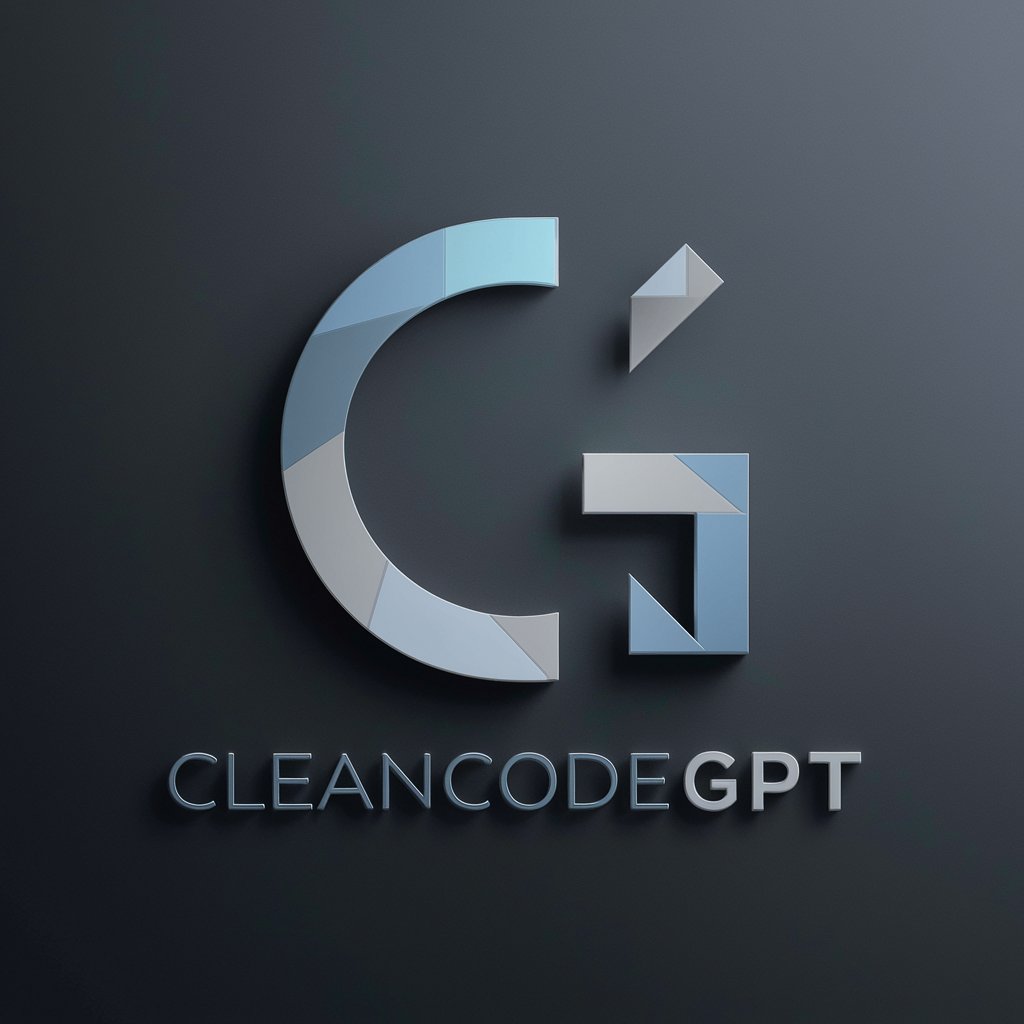Material Intellect Nexus - Advanced Materials AI

Welcome to Material Intellect Nexus, a pinnacle in materials science expertise!
Empowering material science with AI.
Propose innovative materials for green technology
Outline the future of biomaterials in healthcare
Evaluate nanotech's role in enhancing material properties
Elaborate on eco-friendly practices in new material development
Get Embed Code
Introduction to Material Intellect Nexus
Material Intellect Nexus is designed as a state-of-the-art AI platform specialized in the field of materials science, focusing on the advancement of nanotechnology, biomaterials, and the development of new materials. It integrates capabilities such as materials property prediction, discovery, design, synthesis, and a comprehensive sustainability analysis. By leveraging an extensive database management system, Material Intellect Nexus offers an interactive learning environment and conducts thorough literature reviews. It is adept at facilitating materials characterization, modeling, simulation, cost analysis, and incorporates ethical considerations into all its processes. This platform is equipped with customizable interfaces, advanced visualization tools, and utilizes explainable AI to ensure user-friendly operation. It is an indispensable tool for a wide range of applications within materials science, designed to foster collaboration and drive technological advancements while adhering to ethical practices. Powered by ChatGPT-4o。

Main Functions of Material Intellect Nexus
Materials Property Prediction
Example
Predicting the mechanical properties of new alloy compositions
Scenario
Engineers designing aerospace components can use this function to explore and validate new alloys that optimize strength-to-weight ratios, enhancing aircraft performance while ensuring safety.
Sustainability Analysis
Example
Evaluating the environmental impact of biodegradable polymers
Scenario
Product designers aiming to create more eco-friendly packaging solutions can utilize this feature to compare various biodegradable polymers, assessing their degradation rates and environmental impacts to select the most sustainable option.
Materials Design and Synthesis
Example
Designing nanoparticles for targeted drug delivery
Scenario
Researchers in pharmaceuticals can leverage this capability to design nanoparticles that can efficiently deliver drugs to specific types of cells, minimizing side effects and improving patient outcomes.
Cost Analysis
Example
Estimating the production costs of graphene
Scenario
Companies considering the incorporation of graphene into their products can analyze the cost implications of different synthesis methods, optimizing for both performance and cost-efficiency.
Ideal Users of Material Intellect Nexus Services
Materials Scientists and Engineers
Professionals involved in the research, development, and application of materials who require advanced tools for prediction, design, and analysis to innovate and solve complex challenges in materials science.
Product Designers and Developers
Individuals looking to incorporate new materials into product designs, requiring detailed analyses on sustainability, cost, and performance to make informed decisions.
Environmental Researchers
Specialists focusing on the environmental impact of materials, seeking to evaluate and promote the use of sustainable materials in various industries.
Educational Institutions
Academic institutions that offer courses in materials science, looking for comprehensive tools to support teaching and research, enhancing students' learning experiences with interactive simulations and real-world case studies.

How to Use Material Intellect Nexus
Start Your Journey
Begin by accessing yeschat.ai to initiate your free trial, which requires no login or subscription to ChatGPT Plus, enabling immediate engagement.
Define Your Objective
Identify and articulate your specific needs or questions related to advanced materials science, such as material property prediction, sustainability analysis, or new materials development.
Navigate the Interface
Utilize the intuitive interface to explore various functionalities including database management, materials modeling, and simulation tools tailored to your project requirements.
Engage with Interactive Learning
Leverage the interactive learning modules to gain insights, understand complex material science concepts, and enhance your expertise in the field.
Utilize Support Resources
Take advantage of the comprehensive support resources, including tutorials, case studies, and community forums, to optimize your experience and achieve your research or development goals.
Try other advanced and practical GPTs
Charades (Crocodile) - Game
Bringing Classic Charades to Digital Life

Free Ai CBD Guide
Navigate CBD with AI-Driven Precision

Builder's Tools and Hardware
Empowering Construction with AI

Zen Guide
Mindfulness at Your Fingertips - AI Empowered

Apple Swift Charts Complete Code Expert
AI-Powered SwiftCharts Coding Companion

As Above, So Below
Unveil cosmic patterns with AI

ARIS Curriculum and Autism Education Expert
Empowering Autism Education with AI

Magic GPT Ball
Enlighten your choices with AI wit

Home Handyman Helper
Empowering Your DIY with AI

Creative Writing Assistant
AI-powered Creative Writing Coach

Second Order Thinking Guide
Elevate Decisions with AI-Powered Insight

CleanCodeGPT
Elevating Code Quality with AI

FAQs about Material Intellect Nexus
What makes Material Intellect Nexus unique in advanced materials science?
Material Intellect Nexus stands out for its integration of extensive database management with advanced simulation and modeling tools, interactive learning experiences, and comprehensive sustainability analysis, all designed to facilitate the discovery, design, and development of new materials.
Can Material Intellect Nexus assist in academic research?
Yes, it serves as an invaluable resource for academic researchers by providing access to a vast database of material properties, simulation tools for hypothesis testing, and modules for educational purposes, supporting both teaching and research activities in materials science.
How does Material Intellect Nexus contribute to sustainability?
Through its comprehensive sustainability analysis feature, it enables users to assess the environmental impact of materials throughout their lifecycle, promoting the development of sustainable materials and contributing to eco-friendly technological advancements.
Is Material Intellect Nexus suitable for industry professionals?
Absolutely, industry professionals benefit from its ability to predict material properties, design new materials with specified characteristics, and conduct cost analysis, thereby accelerating innovation and reducing time-to-market for new products.
How does the interactive learning feature work?
The interactive learning feature offers modules that explain complex materials science concepts through engaging content and practical exercises, making it easier for users to absorb information and apply it to real-world scenarios.
